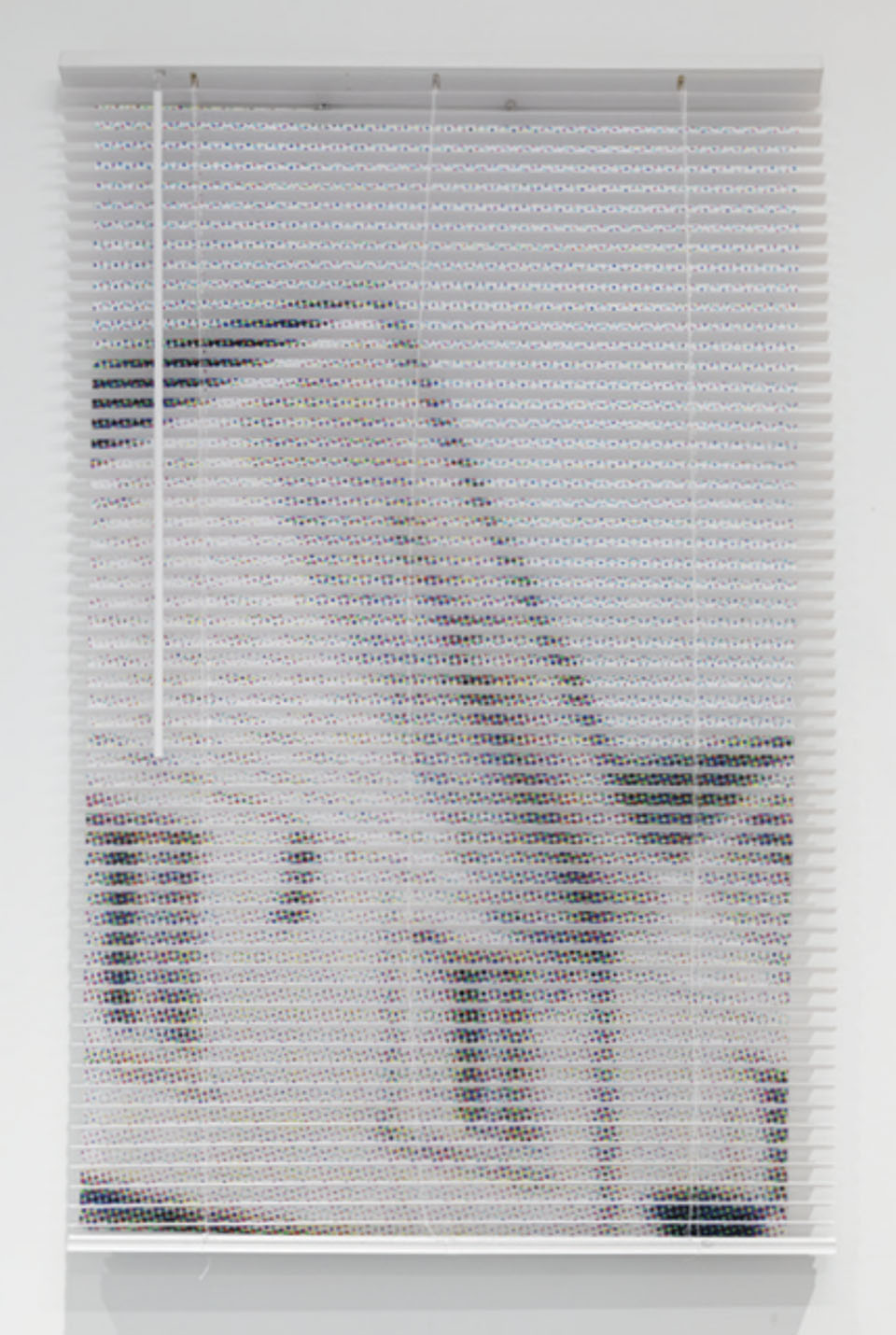February 15 – February 18
80WSE Gallery
Curator: Meghan Doyle
Artists: Talia Rudofsky & Elijah Chavez


Notions of ‘home’ clutter the cultural discourse, ranging from The Odyssey’s inclusion on school syllabi, to corporations targeting the domestic consumer, to the classifications of artists into geographic categories. In a post-pandemic world, even the historically separate work sphere can now invade the home, amalgamating personal with professional. ‘Home’ is so frequently associated with safety, nurture, and rest that we colloquially refer to it as ‘the nest.’ But this enduring narrative of ‘home-as-comfort’ is incomplete. Where is the chapter in which home, for all its implied welcome, deteriorates? What happens when the building still stands, but the internal systems fail?
If the self is a product of tangled, shrouded personal histories, then Elijah Chavez and Talia Rudofsky pick apart these ancestral threads, invoking the latent cultures in their respective homes as foils for their own identities. Chavez’s Ofrendas (2020/22) and Rudofsky’s Kippah (2022) betray thick spiritual trusses undergirding the artists’ current experiences. Each artist navigates this disquieting liminality; an in-between- ness that slips through the cracks of their heritages’ infrastructures. When the untangling is done, they are left with frayed remnants rather than clear patterns. Inherent to interrogation is the potential for unwanted discovery. Chavez’s and Rudofsky’s explorations threaten to reveal the inadequacies of systematized culture, reconstructing ‘home’ as a set of ties that only bind, while begging to be broken.
In Monachopsis (2018/2022), photographs from Chavez’s personal archive dangle from suspended branches scavenged from his New York City environment. The titular reference to an out-of-place sensation echoes throughout the pictures’ cutout silhouettes, emptying the space originally inhabited by the artist. Balanced atop a secular altar piled with Chavez’s accumulated ephemera, Monachopsis paradoxically writes Chavez back into his Catholic upbringing and familial roots by affirming his queer and artistic identities, solidified upon his escape to urbanity. Rudofsky’s own sense of self came into relief after leaving her native London, where soccer represented a distinctly male extra-curricular activity. He Kicked It Through the Wall and Now What Are We Going to Tell Mum (2022) acknowledges the heteronormative soccer culture, while questioning more broadly the consequences of breaking with tradition. How do aspirations beyond those prescribed by home accord with the creators of that space? How do we relate to the people who raised us when we are not who they want us to be?
Distance lets us see ourselves more clearly. For Rudofsky, the ubiquitous American Craftsman-style house defines the unforgiving mold of imposed personhood – cookie-cutter homes produce cookie- cutter personalities. Lit from within, however, Rudofsky’s Birthright (2022) cross-examines a common practice in her Jewish heritage as potentially harmful and physically traumatic. Indeed, unchecked cultural assimilation risks overtaking the self entirely – in Chavez’s Wasteland series, the artist obscures his face with an unseeing reflection of New Mexico’s desolate landscape. Still, in wrestling with their pasts, these artists find a way forward: Rudofsky’s paper assemblage and Chavez’s ceramic footprint recall the indelible marks we leave on the places from which we came, yet reassure us that we are not there anymore.